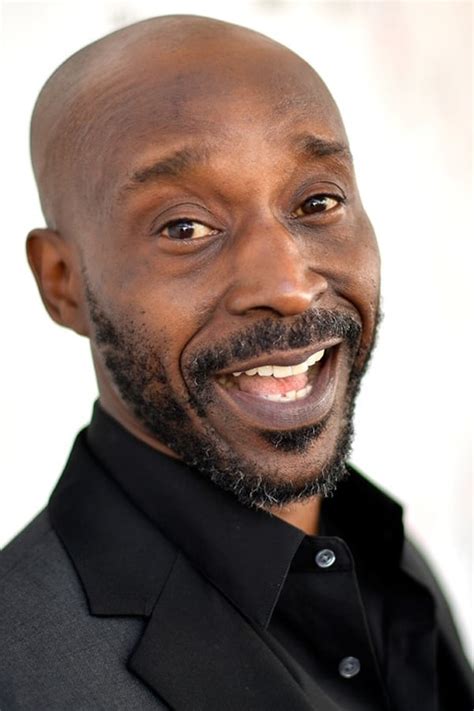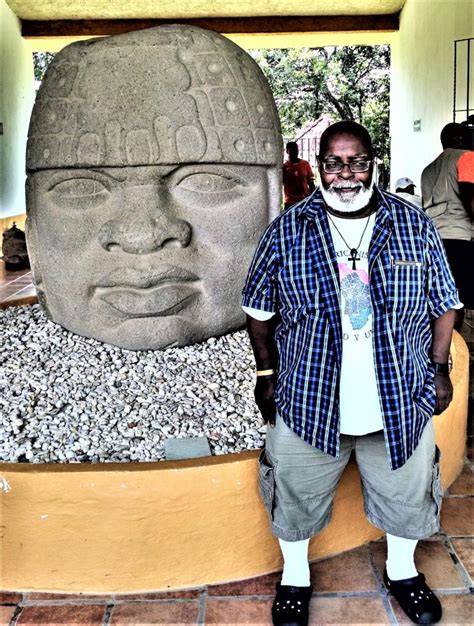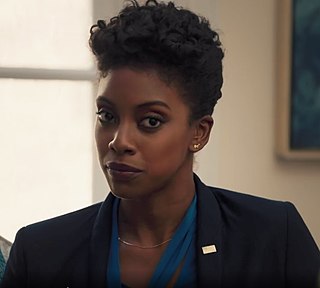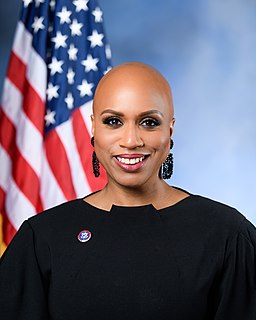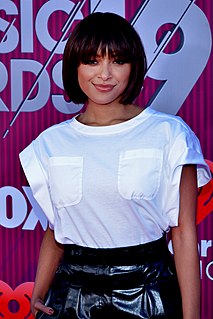A Quote by Regina King
Related Quotes
While I might not have a specific experience that is fully American, there is still a knowledge, something that I logically understand as a black woman and a black woman who is existing in America and a black woman who is in the diaspora that are just known quantities that I think anyone can relate to who is black.
You are a white. The Imperial Wizard. Now, if you don't think this is logic you can burn me on the fiery cross. This is the logic: You have the choice of spending fifteen years married to a woman, a black woman or a white woman. Fifteen years kissing and hugging and sleeping real close on hot nights. With a black, black woman or a white, white woman. The white woman is Kate Smith. And the black woman is Lena Horne. So you're not concerned with black or white anymore, are you? You are concerned with how cute or how pretty. Then let's really get basic and persecute ugly people!
The one thing that I will never forget, going forward, from my experience on Southland is that, as an artist and as a professional, I prepare so different, now that I've had that experience. And I've taken the preparation that we learned on Southland to other things, and it's just made me that much stronger.





